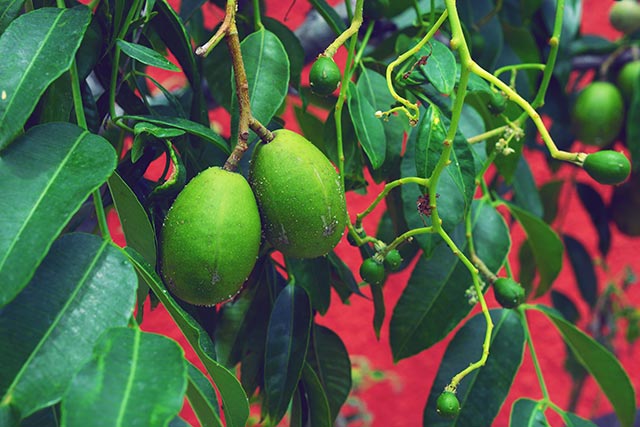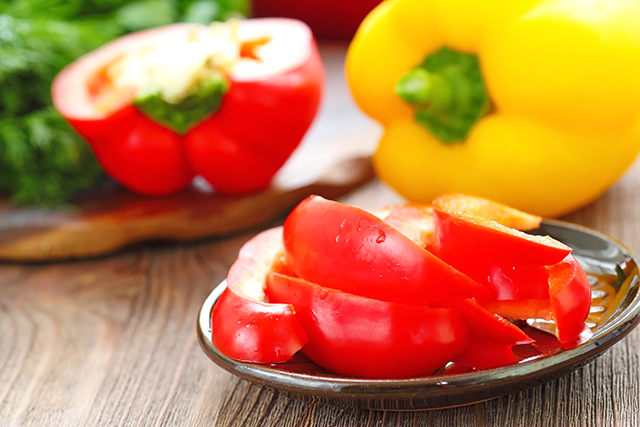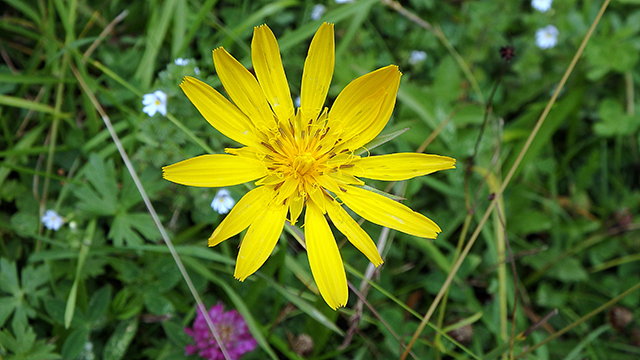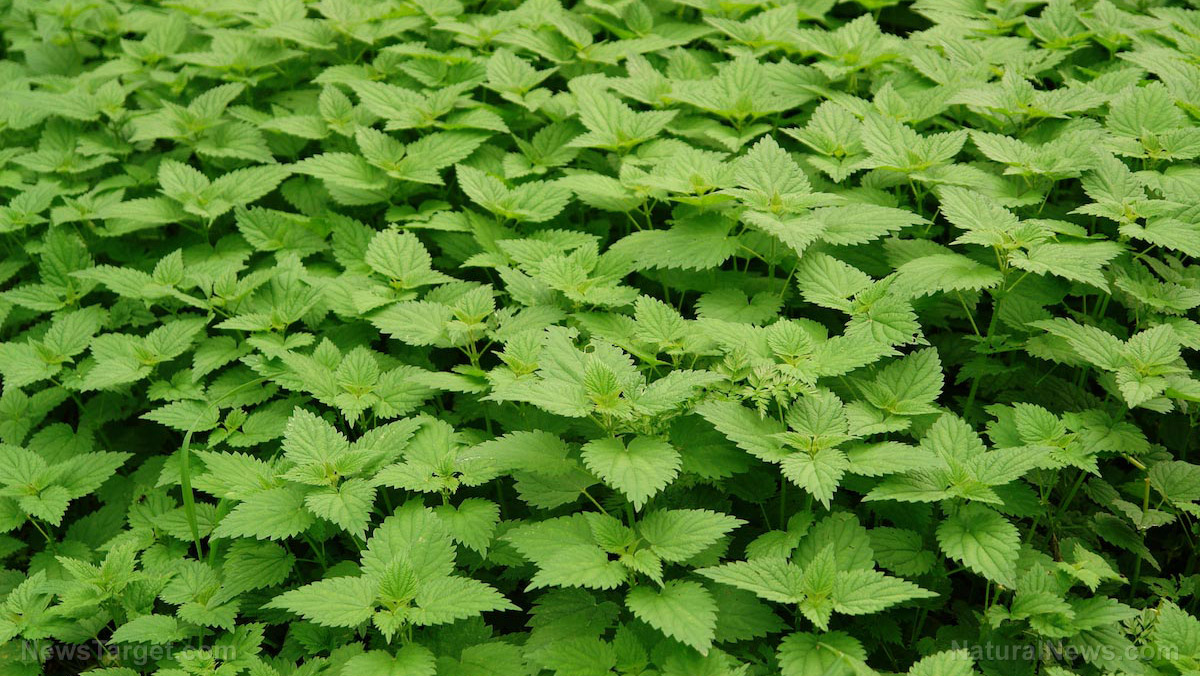Hog plum can stop bleeding during complicated childbirth deliveries
02/26/2019 / By Michelle Simmons

A study carried out by researchers from the University of Lome in Togo has revealed that the extract from the leaves of hog plum (Spondias mombin) tree could be used to reduce excessive bleeding during complicated deliveries or postpartum hemorrhage.
Postpartum hemorrhage is excessive bleeding after giving birth, typically occurring after the placenta is delivered. While it can occur with a normal vaginal delivery, it usually happens during a cesarean birth. Approximately 500 milliliters (mL) — about a half of a quart — of blood is lost after the birth of a single baby in vaginal delivery on average. For a cesarean birth, about 1,000 mL or one quart of blood is lost on average. Most postpartum hemorrhage occurs right after delivery, although it can occur later as well. This condition occurs in about one to five percent of women.
Postpartum hemorrhage needs to be addressed because excessive and rapid blood loss can cause a severe decline in the mother’s blood pressure and may result in shock and death if not treated. (Related: How to stop bleeding almost instantly.)
In Sub-Saharan Africa, traditional phytotherapy proposes plants like hog plum for managing postpartum bleeding. Hog plum is a Togolese plant used by rural folk to stop hemorrhage at the time of complicated deliveries.
In the study, the research team sought to determine the effects of hog plum on some hemostatic parameters and on cholesterolemia to evaluate its traditional use in treating postpartum hemorrhage. For the study, the research team performed tests on female rats; they treated them with extracts obtained from the leaves of hog plum tree.
Published in the journal Phytotherapie, the results of the study showed that compared to control, the treatment with hog plum leaf extract resulted in an increase of hematocrit, the volume percentage of red blood cells in the blood. In addition, there was also an increase of formed elements of blood and of hemoglobin level. Moreover, cholesterol levels in the blood were reduced after treatment with hog plum leaf extract. The research team also observed that the hog plum leaf extract exhibits an antifibrinolytic property, preventing excessive bleeding.
Based on these findings, the researchers concluded that hog plum leaf extract can be used to treat postpartum hemorrhage.
More on hog plum and its health benefits
Hog plum tree is native to Peru. Its fruit, called hog plum, comes in different colors, such as green, orange, purple, red, and yellow. On the outside, it is thick, leathery, while the inside is a pink-yellow pulp with a texture similar to an avocado. Hog plums also offer health benefits for they are rich in antioxidants and other nutrients.
Hog plums are a great source of vitamin C, containing about 46 milligrams (mg) of vitamin C per 100 g serving. Vitamin C boosts immunity and helps produce collagen, which keeps the skin, ligaments, tendons, and cartilage healthy. This vitamin is also a natural antioxidant, which means that eating hog plums can help protect the body from free radical damage, potentially decreasing the risk of heart disease. A study published in the journal Cardiovascular Toxicology reported that hog plums were rich in antioxidants and decreased total cholesterol levels, suggesting that the fruit may be beneficial for overall heart health.
Hog plums are also rich in iron, containing 2.8 mg per 100 g serving. Iron is required to produce hemoglobin and myoglobin, both of which transport oxygen throughout the body.
Purple and yellow hog plums are typically eaten raw as a snack. They taste sweet or sour, depending on ripeness, and are related to mangoes. They can also be pickled with chili peppers to produce a spicy condiment or made into juice or a jam. Purple hog plums can also be eaten as a dessert; they are stewed in sugar and served whole and pitted.
Read more news stories and studies on the health benefits of hog plum by going to NaturalCures.news.
Sources include:
Tagged Under: alternative medicine, blood, excessive bleeding, herbal medicine, Herbs, hog plum, hog plum leaf, natural cures, natural medicine, postpartum hemorrhage, remedies, women's health


















